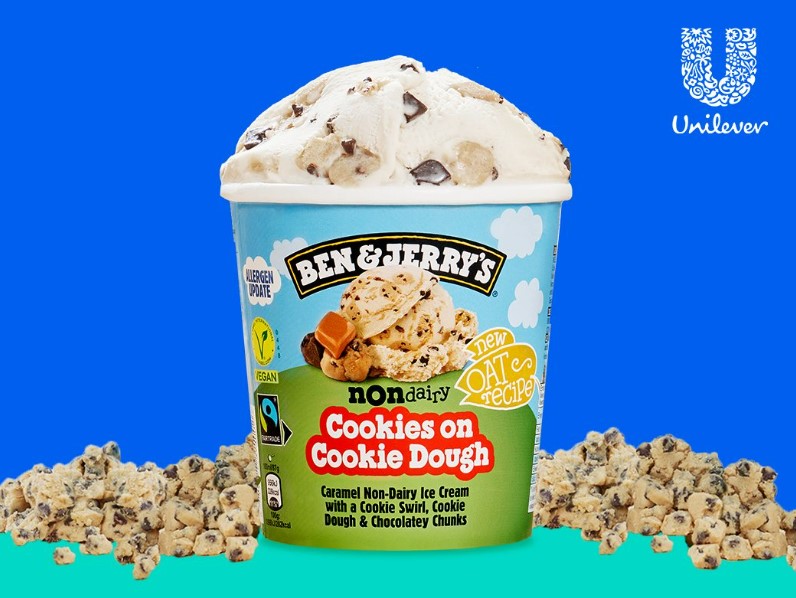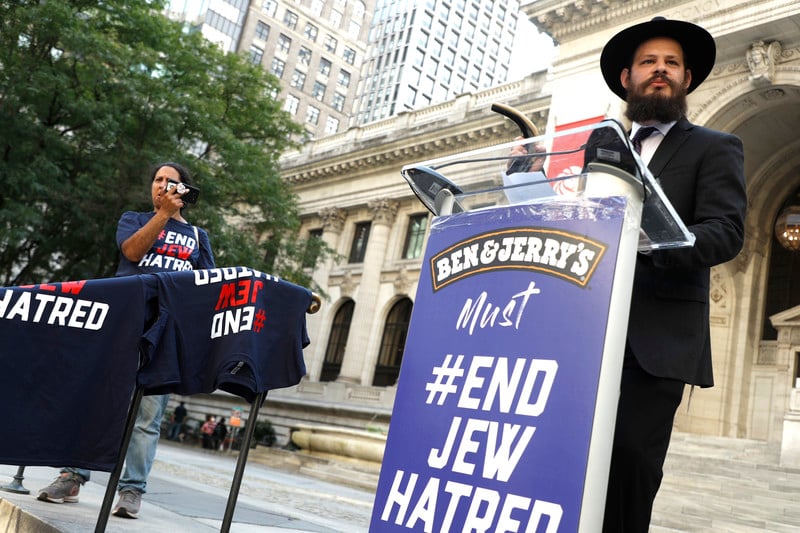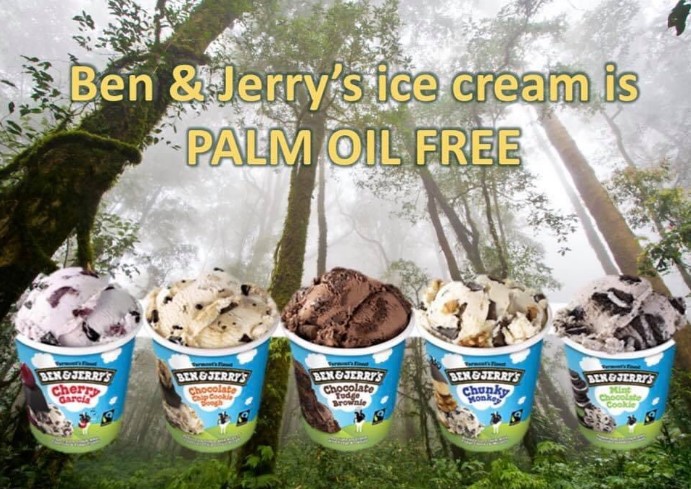
UNILEVER – the British multinational fast-moving consumer goods company – is getting out of the ice cream business to simplify its operations and save itself US$800 mil over the next three years.
But not only will it save itself a lot of dough but the move will also get it out of the business of having to explain the wacky behaviour of the board of Ben & Jerry’s – the super-premium ice-cream brand – which sees manufacturing controversies as much a part of its job as making ice cream.
The Unilever ice cream brands include five of the world’s top-selling 10 ice-cream names, including Ben & Jerry’s, Magnum, Wall’s and Popsicle.
Ben & Jerry’s was bought by Unilever in 2000 but remained a wholly owned autonomous subsidiary, meaning its independent board was able over the past 24 years to run a series of campaigns that embarrassed its parent company.
It’s not surprising that Ben & Jerry’s board takes such a radical progressive view of the world given that its head, Anuradha Mittal, also runs the left-leaning think tank in the Oakland Institute.
From advocating for defunding the police to promoting unrealistic socialist policies, Ben & Jerry’s has made it clear it values virtue signalling over serving their customers. This is as if it has forgotten that its primary purpose is to make ice cream as opposed to lecturing people on how to live their lives.

Political interest comes first
Ben & Jerry’s has repeatedly shown it is willing to put its social justice crusades ahead of the bottom line. In its relentless pursuit of wokery, Ben & Jerry’s board has turned the iconic brand into a political megaphone, alienating customers with its repeated political posturing.
Whether it is boycotting certain markets or refusing to sell its products in Israeli settlements, it has demonstrated a reckless disregard for the interests of Unilever’s shareholders.
By wading into geopolitics and social issues with all the subtlety of bubble gum flavoured ice cream, the brand has managed to sour relationships and embolden adversaries.
It is almost like Ben & Jerry’s relishes baiting and alienating its customers through a series of missteps, including tweeting last year on July 4 – of all dates – that in its opinion, America “exists on stolen Indigenous land” and it is committed to it being returned.
In 2021, it also said it would not sell ice-cream in the West Bank, East Jerusalem and the Gaza Strip to signal its support of Palestinian causes.
Its virtue signalling is not limited to politics and social issues – it’s also prone to environmental hypocrisy such as its anti-palm oil stance.
Ben & Jerry’s further decries palm oil as an environmental villain, ignoring the fact even the WWF believes sustainable palm oil production can actually benefit the planet.
Instead of engaging constructively with the issue and supporting sustainable practices, the ice-cream brand has opted for sensationalism and grandstanding, furthering its reputation as a purveyor of empty gestures.
Its approach is both disingenuous and intellectually dishonest.
Non-sensible anti-palm oil stance
The ice-cream maker hates palm oil due to its past links to deforestation but the rate of deforestation in countries like Malaysia has been trending lower for some time with Global Forest Watch reporting in June 2023 a sharp reduction in forest loss while showing that reversing deforestation is achievable.
The initiatives employed by the Malaysian government and oil corporations are bearing fruit with some 83% of palm oil refining capacity now operating under a “No Deforestation, Peat and Exploitation (NDPE) commitment.
Even Hannah Ritchie, the star number cruncher at the University of Oxford’s Our World in Data research unit wrote in her book Not The End of the World that palm oil is not the villain it is portrayed to be.
Dr Ritchie argues that cutting out palm oil will lead to it being replaced with other oils in which the alternatives are no better.

If companies boycotted palm oil to replace it with alternatives which have lower yields, we would need 5 to 10 times as much land devoted to oil crops.
To illustrate this, Ritchie came up with a thought experiment: we currently use 322 million hectares (an area the size of India) to grow oil crops.
If we were to get all of it from palm oil, we do need just 77 million hectares – four times less, thus freeing up a lot of land. But if we got it all from olive oil then, we do need 660 million hectares – or the equivalent of “two Indias” by landmass.
Bakers do not campaign about the environmental impact of dairy farming that provides the ingredients for ice cream – so why should the makers of a luxury item believe they have the moral high ground? Is it a marketing ploy or playing politics at their customers’ expense?
Whatever Unilever’s reasons for getting out of ice cream – and the biggest reason is likely that frozen-food businesses require intricate logistics networks built around keeping the products ice cold which carries significant costs and a sizeable carbon footprint – Unilever will be glad to see the back of Ben & Jerry’s.
In the end, consumers crave ice cream – not politics. And they prize truth over hyperbole. If Ben & Jerry’s wants to survive in its new guise, the mad political posturing has to stop.
Brian Monteith is a former member of the Scottish and European parliaments and editor of ThinkScotland.org.
The views expressed are solely of the author and do not necessarily reflect those of MMKtT.
- Focus Malaysia



No comments:
Post a Comment
Note: Only a member of this blog may post a comment.